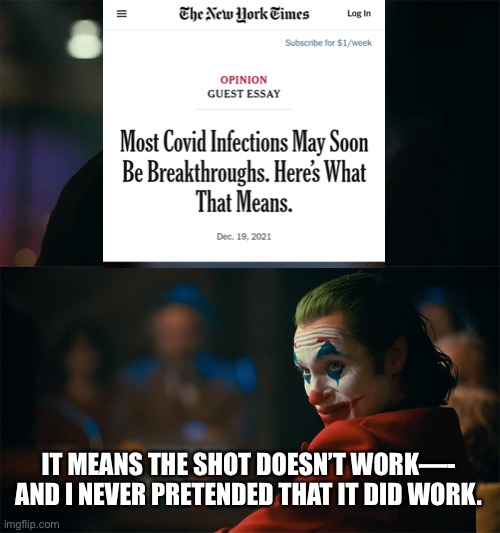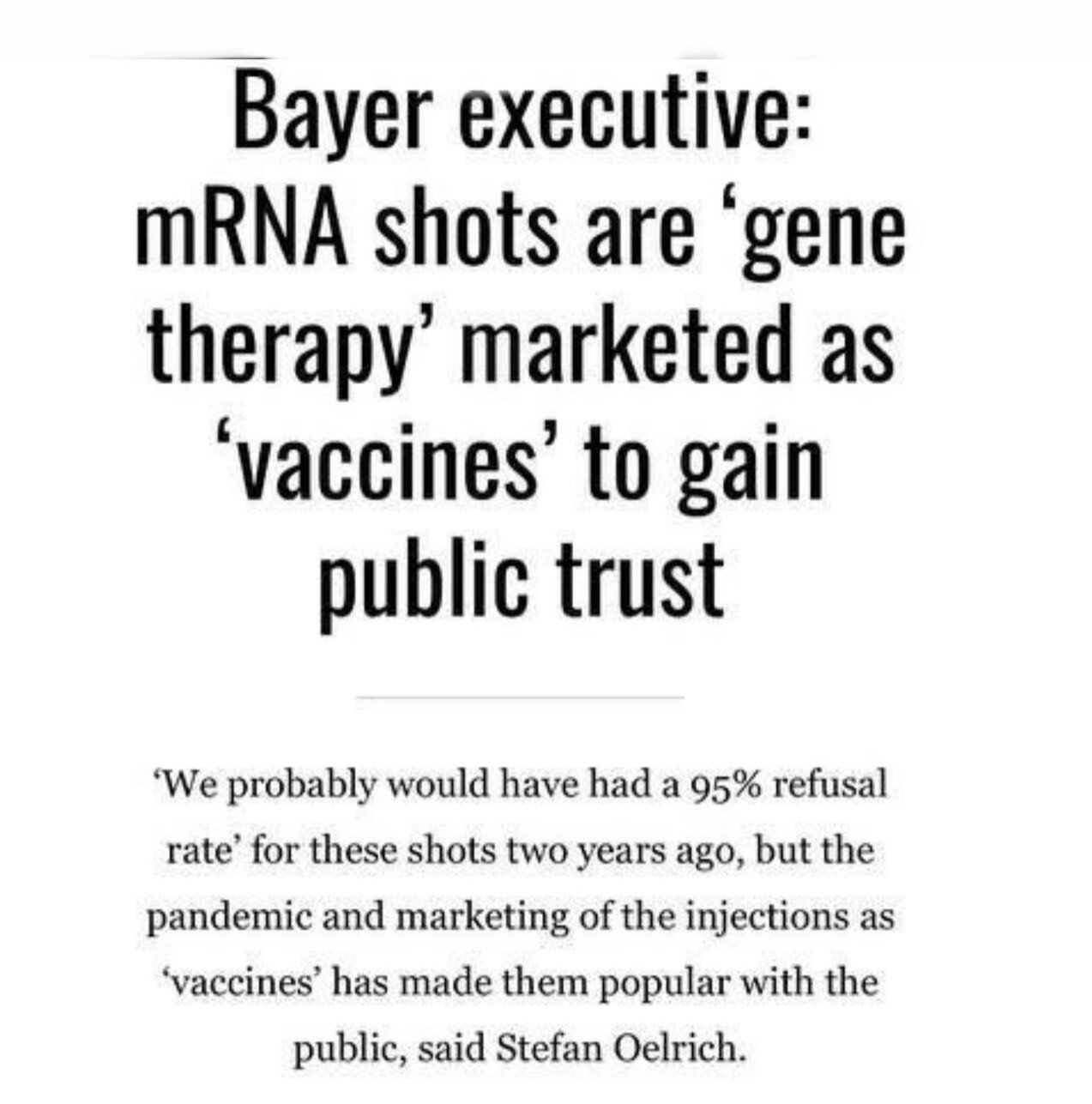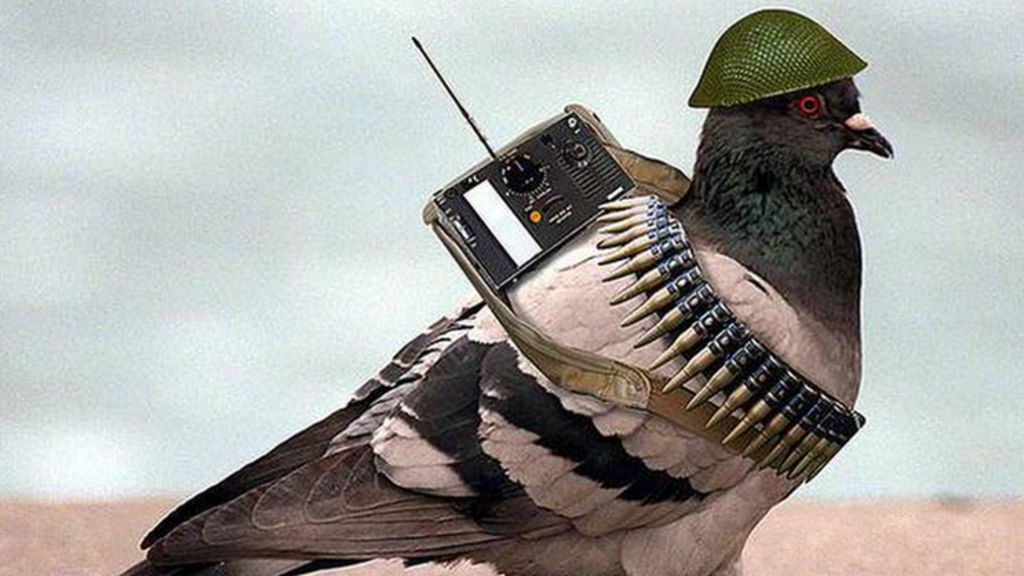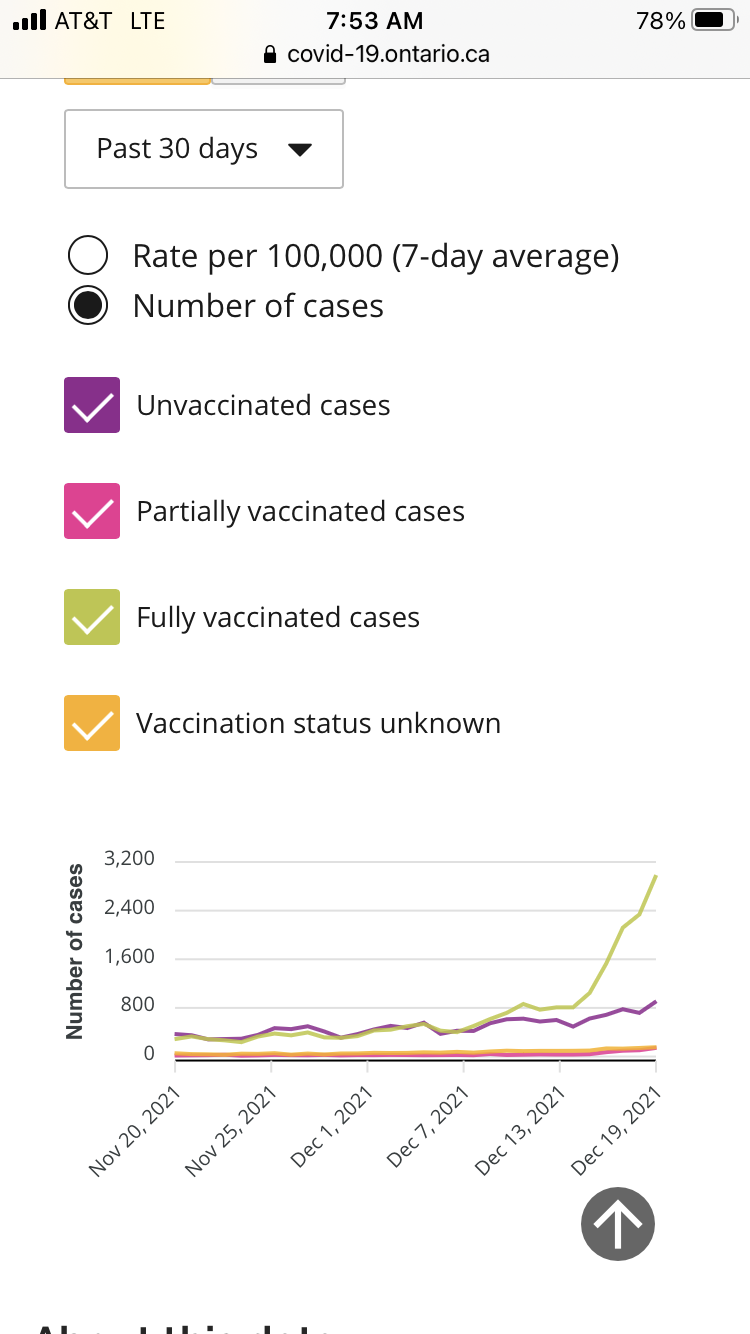Absolutely! They cause nasty bacterial infections that can be serious, but at least they are treatable with antibiotics whereas rabies is not. Just had an employee who developed an abscess from a cat bite that had to be lanced and drained despite being on antibiotics already, so thanks for pointing that out. I only zeroed in on rabies because you can't wait for symptoms to develop, it's too late at that point.You're right. Well said.
Thanks for correcting me and filling in the details I left out, especially about having the cat tested.
Cat bites are nothing to fool around with, even if rabies isnt a factor.
Join the Hide community
Get access to live stream, lessons, the post exchange, and chat with other snipers.
Register
Download Gravity Ballistics
Get help to accurately calculate and scope your sniper rifle using real shooting data.

Install the app
How to install the app on iOS
Follow along with the video below to see how to install our site as a web app on your home screen.
Note: This feature may not be available in some browsers.
You are using an out of date browser. It may not display this or other websites correctly.
You should upgrade or use an alternative browser.
You should upgrade or use an alternative browser.
PortaJohn
- Thread starter Lowlight
- Start date
-
- Tags
- sniper's hide
My wife got appendicitis a few weeks ago.
At the front desk we had to fill out Covid questionnaires and despite our vaccine free state no extra BS beyond the mask everyone was wearing.
When she was getting wheeled in for surgery the anesthesiologist of all people asked why she hadn't been vaccinated and he said they could give her one at the hospital.
She had a nightmare about it first night home....did they or didn't they?
Remember when racist doctors used to secretly tie the tubes of black women so they would not have anymore babies? If they did that back then, who knows what they will do now.
Also remember that there are some doctors who think they are so much smarter than the rest of us that they will say and do anything if they think that it is for our own good and lie about it.
I don't want to make any one doctor an example and say bad things about his conduct as mentioned above. So I will just provide his initials: A. F.
I hope that your wife gets better and stays healthy.
Had an old boss 20 +years ago, Polish parents he was born here in Australia.Remember when racist doctors used to secretly tie the tubes of black women so they would not have anymore babies? If they did that back then, who knows what they will do now.
Also remember that there are some doctors who think they are so much smarter than the rest of us that they will say and do anything if they think that it is for our own good and lie about it.
I don't want to make any one doctor an example and say bad things about his conduct as mentioned above. So I will just provide his initials: A. F.
I hope that your wife gets better and stays healthy.
As a kid he had to have a hernia surgery (German doctor), after he got married found he couldn't have kids & that he had been given a vasectomy when he was a kid when he had the hernia repair.
He reckoned the German doc thought he was Jewish
Yep it sure is,That’s crazy
It would have been in the 60's & he said the doctor was old then.
Okay , which one of you is the guy in this video ?
this is such bs! what a fking bs move! This is where the hide should start an email etc campaign to contact people to scream outrage!
Appearing that the "Boogey Man Theory" has reached the point of diminishing returns.

Diminishing returns - Wikipedia
Dirtbag and disgrace to the teams.

Ivy League school’s COVID-19 cases rise to nearly 900 this week amid omicron spike
“Virtually every case of the omicron variant to date has been found in fully vaccinated students, a portion of whom had also received a booster shot.”
Well I reckon someone has his address. You know to email him.
medical staff have seen the adverse reactions, and they want no part of it....


They are not going to give up. If I remember correctly, the moronic variant was only affecting the triple jabbed for the most part.

Massive Child Sex Trafficking Ring Busted, Ran for Decades, Protected By Police in Exchange for Sex
A massive child sex trafficking ring that smuggled girls from Mexico into the US ran for decades and had the protection of at least one NY cop.
 thefreethoughtproject.com
thefreethoughtproject.com
Queens, NY — Six sex traffickers were arrested this week for running a Queens-based sex trafficking ring which trafficked young women and children from Mexico into the US. One of those indicted in Brooklyn federal court was a Putnam County police officer who was protecting, not the children, but the child sex traffickers — in exchange for sex.
Wayne Peiffer, a Village of Brewster police officer has been helping human traffickers smuggle in children and younger women from Mexico for years. The sadistic human smuggling scheme has been in operation for nearly two decades since at least 2002, according to the US Attorney’s Office for the Eastern District of New York.
According to the indictment, Peiffer protected the child sex trafficking ring in exchange for sex with the victims. For years, Peiffer helped the ring avoid arrests, tipped them off to stings, and allowed them to abuse children and young women by exploiting the trust in his badge.
According to the complaint, in exchange for the protection, Peiffer had his way with the trafficking victims, even bringing them to the police station where he would rape them.
Research a thing called Operation Paperclip....
The race between the US and USSR to get their hands in the brightest German researchers, post WWII..... and pushed aside any war crime they may have been involved.
remember when pedo joe had him fire the prosecutor looking at burisma?
This is such a joke...Can you tell this is all scripted? Total bullshit. Fuck you Kameltoe
Oh wow, this is the first time I've seen the whole exchange and you are right it is scripted. That's hilarious!
It's amazing the great lengths that a filthy-rich capitalist will go to promote communism.
Maybe. But it'd be a Coffee Shop. Gave up anything mind altering 17 years ago. And still I can't think straight sometimes -- LOL. Ba Dum Bum.
You're right. Well said.
Thanks for correcting me and filling in the details I left out, especially about having the cat tested.
Cat bites are nothing to fool around with, even if rabies isnt a factor.
Thanks for this. The cats were taken to one of the ladies relatives --I guess they have their own room and they're trying to domesticate the evil little shits I'm like --right. I grew up on a farm --Good luck with that --a 10 year investment with poor results ie: they're never be the cuuddly things they want --nonetheless so they're still accessible if I wanted the nightmare of trapping them for a "normal neuro exam 10 days after the bite" Yes (sadly) I live in the cess pool of LA -- Beverly Hills metro area.
They're not showing any signs, nor am I.
Last edited:
That's all awesome but that kissing/sucking the cut thing kind of weirdos me out.
I had to be with my son when he had his done. Next kid I may let be an anteater.
Frankly I think it's fucking diabolical butchery and indelibly imprints in the kids psyche. Teach good hygiene and leave the kid alone!
And about the Jews little rituals... OMFG, I had to comes across this now...
And Gawd Damnit! STOP posting shit that makes me Google things and then vomit in my coffee!
FFS -- that is some wEIRD ASS SHIT
Learned something new today.Research a thing called Operation Paperclip....
The race between the US and USSR to get their hands in the brightest German researchers, post WWII..... and pushed aside any war crime they may have been involved.
I am guessing it’s either conspiracy theory or coincidence that they have been flying kids from the border up to NY in the dead of the night.
Massive Child Sex Trafficking Ring Busted, Ran for Decades, Protected By Police in Exchange for Sex
A massive child sex trafficking ring that smuggled girls from Mexico into the US ran for decades and had the protection of at least one NY cop.thefreethoughtproject.com
Queens, NY — Six sex traffickers were arrested this week for running a Queens-based sex trafficking ring which trafficked young women and children from Mexico into the US. One of those indicted in Brooklyn federal court was a Putnam County police officer who was protecting, not the children, but the child sex traffickers — in exchange for sex.
Wayne Peiffer, a Village of Brewster police officer has been helping human traffickers smuggle in children and younger women from Mexico for years. The sadistic human smuggling scheme has been in operation for nearly two decades since at least 2002, according to the US Attorney’s Office for the Eastern District of New York.
According to the indictment, Peiffer protected the child sex trafficking ring in exchange for sex with the victims. For years, Peiffer helped the ring avoid arrests, tipped them off to stings, and allowed them to abuse children and young women by exploiting the trust in his badge.
According to the complaint, in exchange for the protection, Peiffer had his way with the trafficking victims, even bringing them to the police station where he would rape them.
Frankly I think it's fucking diabolical butchery and indelibly imprints in the kids psyche. Teach good hygiene and leave the kid alone!
And about the Jews little rituals... OMFG, I had to comes across this now...
And Gawd Damnit! STOP posting shit that makes me Google things and then vomit in my coffee!
View attachment 7765415
FFS -- that is some wEIRD ASS SHIT
Only the really crazy Ultra Orthodox types still try to do that oral stuff, and even they are getting kind of leaned on to stop because of transmitted infections.
Pretty much everybody else is clamp, razor blade, neosporin and call it good.
That being said, I'm of the all my lineage gets the tidying up snip job, belief.
I think however it's much better done the Jewish timeframe like 7 days after they are born or somewhere like that as opposed to the Muslim timeframe which is like 12 to 13 years old, that's got to be a bit rough.
It's not communism he's promoting. Zuckerberg is really paying for a transfer of power, from the citizens of the USA, to the global elite. Even they don't want communism. Their goal is the 99% of the world, as slaves to the 1% elite. Even they know communism is dead. They use the lie of communism, because the useful idiots of the world (BLM, Antifa, etc.) would never support what they really want to achieve.It's amazing the great lengths that a filthy-rich capitalist will go to promote communism.
And the general stupid populace will think it's Manchin doing this all. Not that I love Manchin, but this is how the commies eat the commies. Hence using that logic, I state the obvious...liz cheney is a commie.fucking scum

This made my medical journals two years ago when one NYC Rabbi infected at least 4 newborns with herpes and one two week old infant died.
remember when pedo joe had him fire the prosecutor looking at burisma?
You mean we might need to have a war to stop a trial?
Allow me to start that conversation: It's what you put in your face, fatty.fucking scum

New data allowed estimation of diagnosed diabetes by type. In 2016, the prevalence of diagnosed type 1 diabetes was 0.55%, representing 1.3 million U.S. adults; the prevalence of diagnosed type 2 diabetes was 8.6%, representing 21.0 million U.S. adults. Non-Hispanic white adults had a higher prevalence of diagnosed type 1 diabetes than did Hispanic adults. Non-Hispanic blacks had the highest prevalence of diagnosed type 2 diabetes. Diagnosed type 2 diabetes prevalence estimates increased with age and decreased with increasing levels of educational attainment.

How Did the FBI End Up in This Mess?
The fact that the FBI has lost its way has been on public display for at least five years now. Truth be told, it probably strayed off course way before that. But during the Trump Presidency, it became too obvious to ignore. It has b...
Similar threads
- Replies
- 1
- Views
- 603









